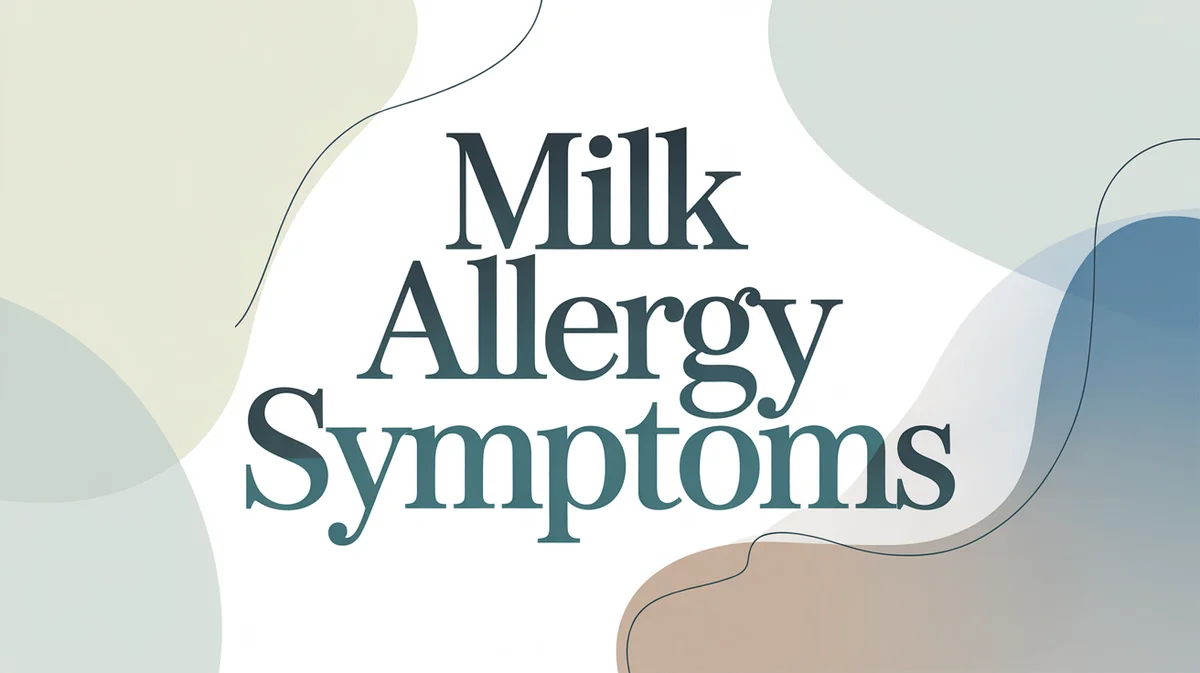Milk Allergy Symptoms

What Causes Milk Allergy Symptoms?
Milk allergy symptoms are believed to be caused by overprotective mothering, indicative of a chronic healing phase rooted in a separation conflict: "I want to be separated from my mother’s overprotection". Although many individuals might complain about overbearing parents without having milk allergies, the onset depends on the intensity of the conflict and one's individual personality. Ten people can witness the same event and each will have distinct emotional reactions.
The primary emotional trigger appears to be feelings of rejection, either from rejecting the mother or feeling rejected.
Symptoms of Milk Allergy:
- Abdominal cramps or colic.
- Vomiting.
- Diarrhea, which can sometimes include blood.
- Runny nose and watery eyes.
- Wheezing or coughing.
- Itchy skin rashes.
The onset of these symptoms can vary. While some might experience them immediately after consuming milk products, others might not notice them until hours later.
Typical Case:
When asked about traumatic events during her pregnancy, Allen's mother recalled a severe altercation with a neighbor which had left her deeply shaken, causing her to experience abdominal cramping and fear for Allen's safety. Consequently, she became overcautious, always looking out for this neighbor to avoid confrontations. Her protectiveness carried on into Allen's life, limiting his interactions and activities with friends.
In treating Allen's milk allergy, both mother and son had to address and release the buried emotions from this incident. Post-treatment, Allen immediately drank milk without any adverse reactions for ten days. Although the symptoms briefly returned, they soon disappeared permanently without any further intervention. As a result of the treatment, Allen experienced a growth spurt, still shorter than his peers, but gradually catching up. Reflecting on his progress, he expressed profound gratitude, remarking on how his life had transformed.
Home